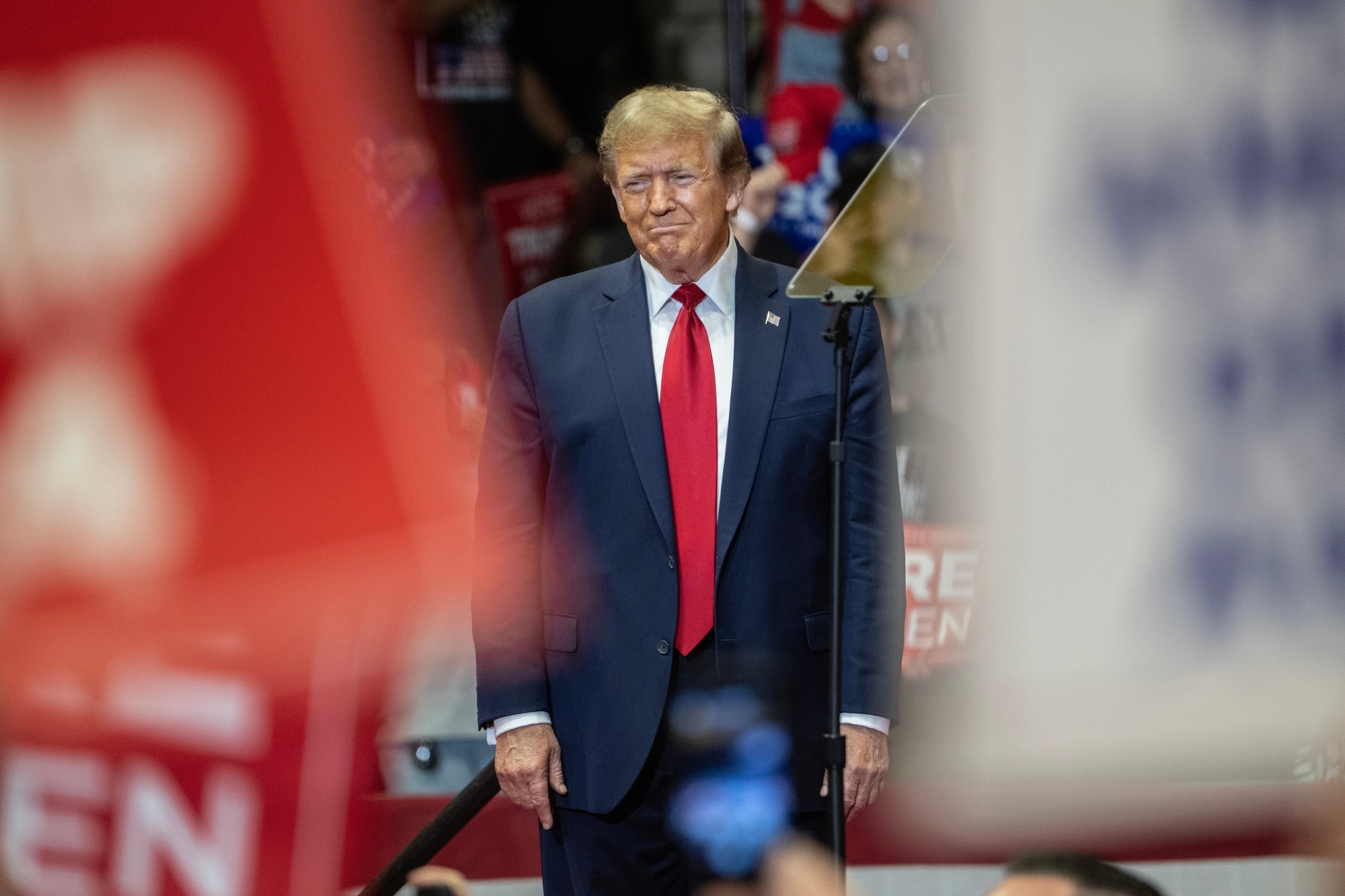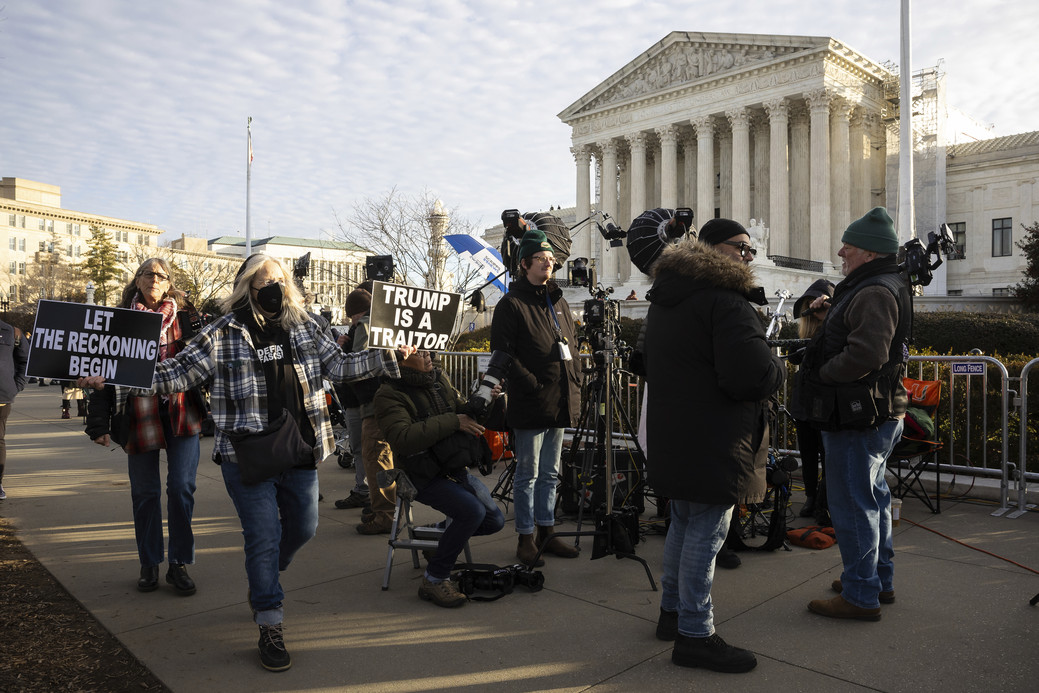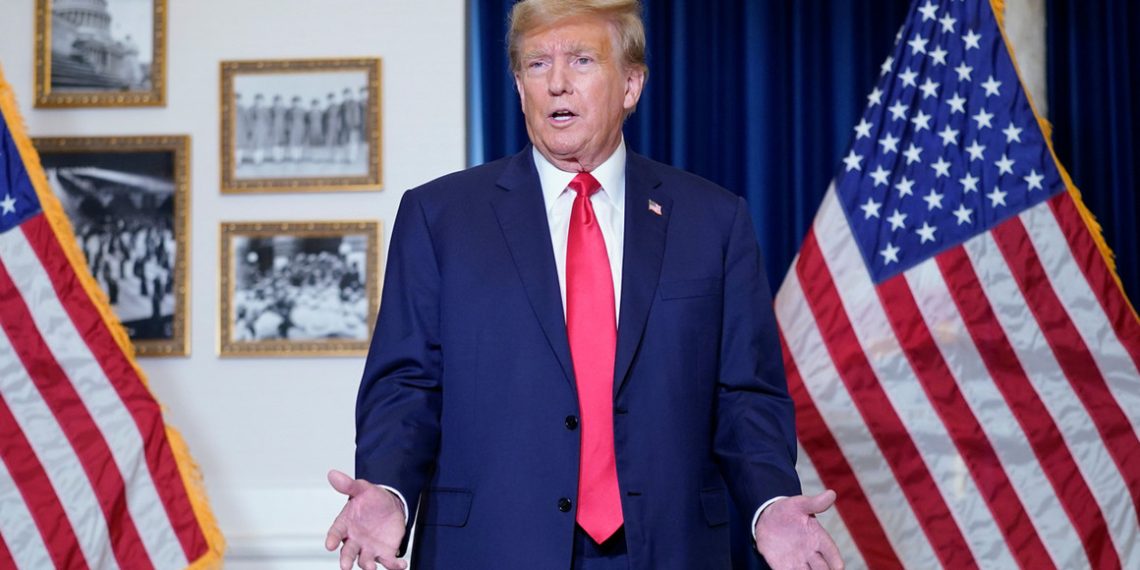Former President Donald Trump faces a pivotal Supreme Court case on presidential immunity, set for Thursday.
The case revolves around whether Trump’s criminal charges related to the 2020 election can be dismissed based on a broad claim of immunity.
Even if the court rejects this claim, it could remand the case for further proceedings. This scenario could further delay any trial, jeopardizing its conclusion before November’s election.

Legal experts speculate on Trump’s preferred outcomes. While Trump aims for outright immunity, a ruling on a complicated factual test for immunity leading to a remand could serve as a secondary victory.
Richard Bernstein, representing former government officials, highlights that such a ruling might bog down the case with questions on the extent of immunity for Trump’s actions.
The case concerns Trump’s role in a scheme to submit fake election certificates, triggering the Jan. 6 Capitol attack. Prosecutors argue these acts constitute crimes, while Trump claims he was expressing concerns about election fraud.
Beyond the legal intricacies, timing is important. Any trial delay could affect the 2024 general election, where Trump faces Joe Biden. Some commentators suggest Trump has already won by delaying the case’s intervention and framing.

The Supreme Court’s handling hints at a nuanced ruling. Legal experts speculate the court might acknowledge some immunity for official acts but leave it to lower courts to apply to Trump’s case. Such a decision would avoid a sweeping ruling against Trump.
Prosecutors argue against immunity, advocating for an immediate trial. They suggest that if immunity exists for official acts, evidence could still be used to prove private misconduct.
Trump’s team seeks broad immunity based on Nixon v. Fitzgerald but anticipates a pretrial proceeding on immunity issues. Regardless, the window for a trial before the election is closing, with potential delays ranging from days to weeks.





